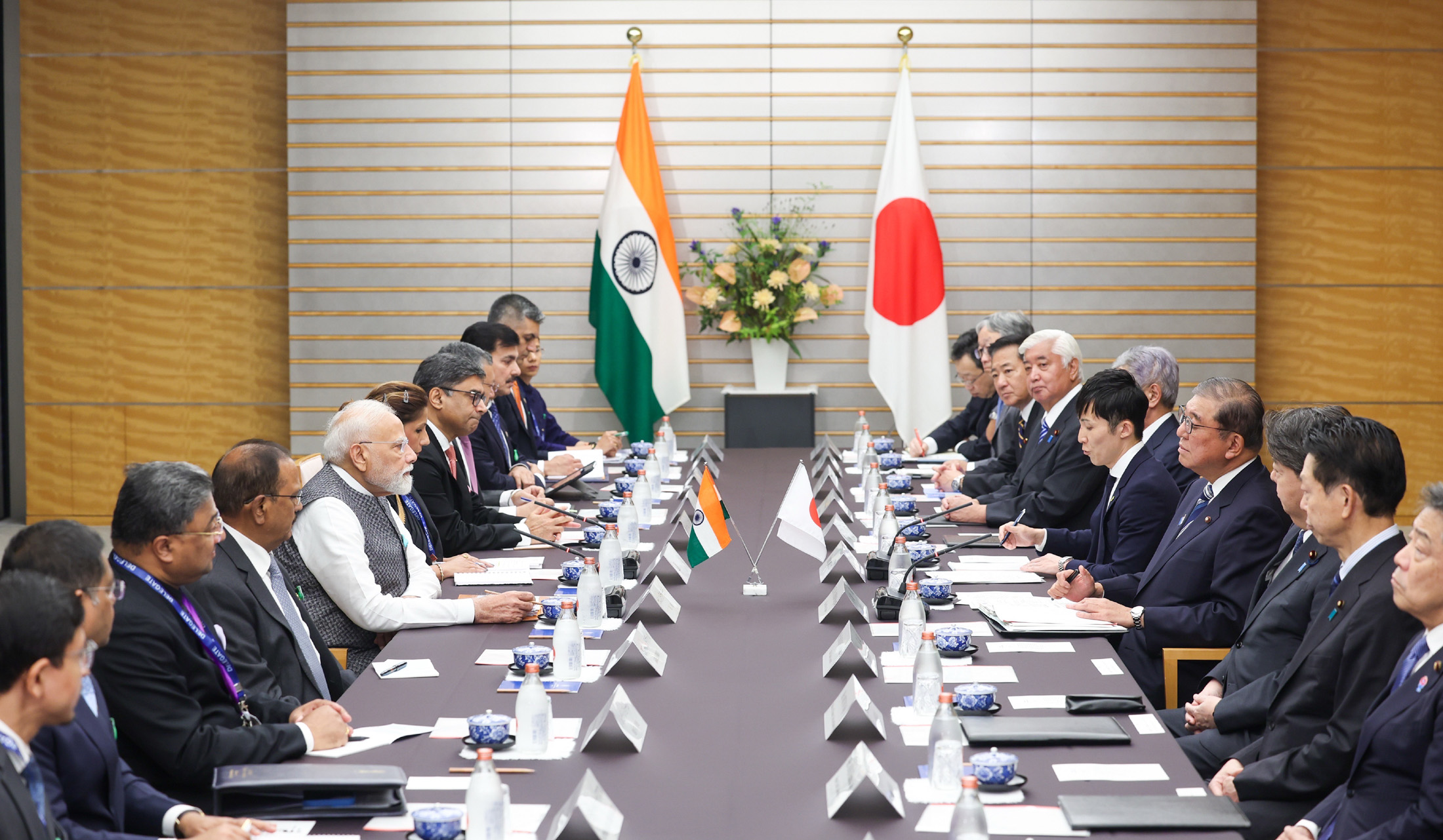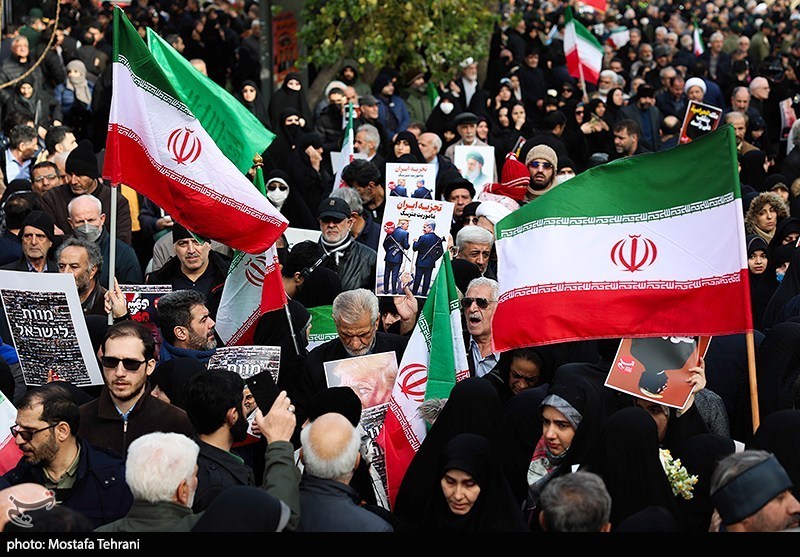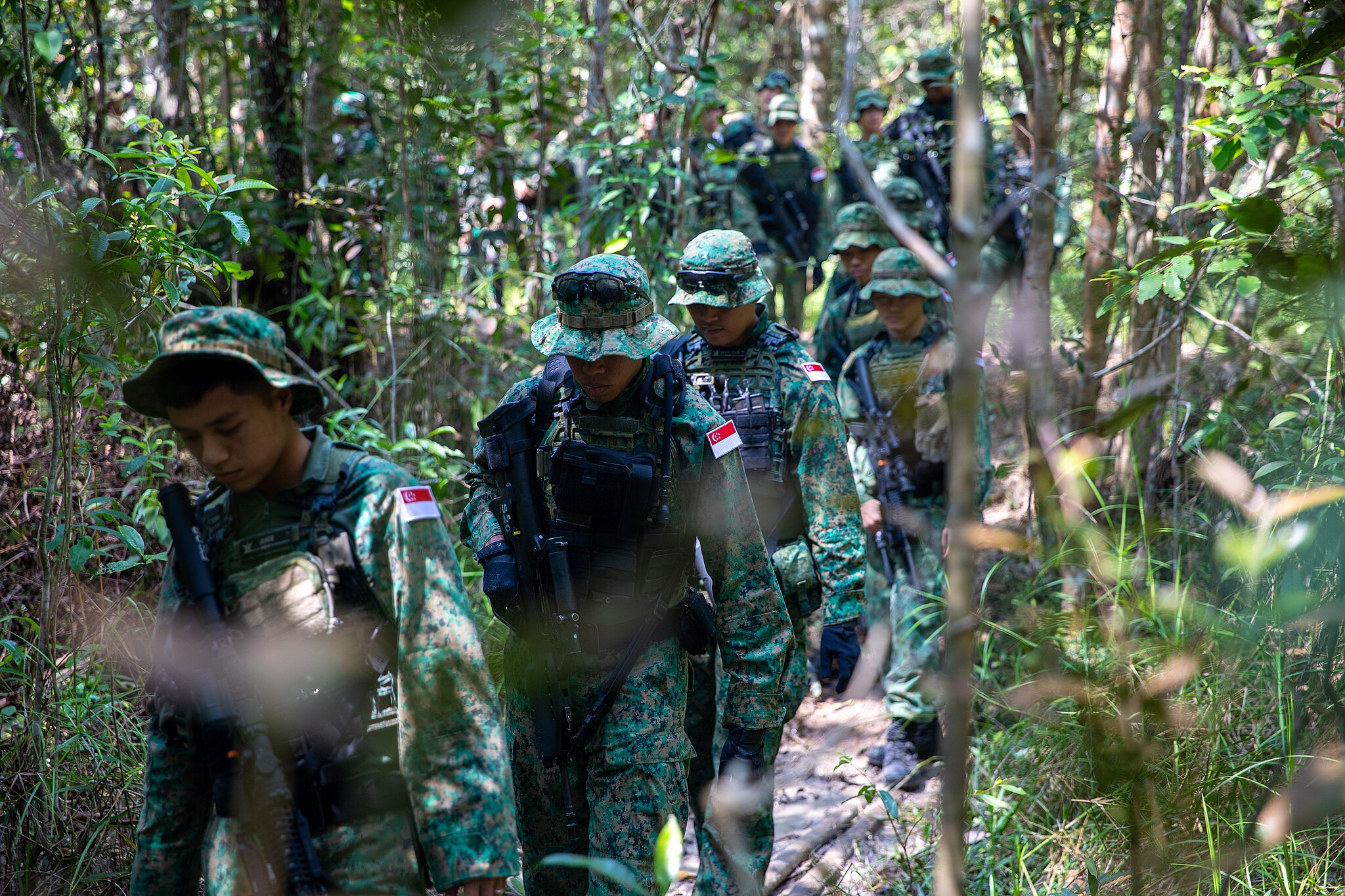This week in Australian foreign affairs: Australia seeks urgent clarification from U.S. over research funding freeze and foreign interference concerns, Albanese reaffirms Australia’s commitment to supporting Ukraine amid global tensions, Australia expands defence spending amid security concerns and pressure from allies, and more.
The Australian government is seeking urgent clarification from the U.S. after American agencies required Australian researchers to justify their U.S.-funded grants, raising concerns of foreign interference. The National Tertiary Education Union (NTEU) has condemned the move, calling on the Albanese government to strongly oppose the Trump administration’s actions. Australian universities, particularly those in the Group of Eight, report that the funding freeze has already disrupted critical research, including in health and defence collaboration. Researchers have also been asked politically charged questions about their ties to China and their stance on gender and religious issues, further inflaming tensions.
Prime Minister Anthony Albanese has reaffirmed Australia’s commitment to supporting Ukraine, emphasizing that Australians “stand up to bullies” like Vladimir Putin. Speaking after a global leaders’ call, he reiterated that Australia remains open to contributing to a peacekeeping force once a ceasefire is in place. Albanese highlighted Australia’s long history of peacekeeping missions and called on the international community, including the U.S., to take a strong stance against Russian aggression.
The Australian Government has expressed concern over recent actions that threaten Bosnia and Herzegovina’s stability and national institutions. Australia reaffirms its strong support for Bosnia and Herzegovina’s sovereignty, territorial integrity, and constitutional order. Australia urges political leaders in Bosnia and Herzegovina to prioritize the well-being of all citizens and uphold institutional decisions. Emphasizing the importance of peace and stability, Australia calls for full respect for the country’s legal framework.
Australia and Bangladesh have agreed to strengthen collaboration between Bangladesh’s Technical Training Centres (TTCs) and Australia’s TAFE institutions to improve technical education and ensure mutual recognition of degrees. Australian High Commissioner Susan Ryle met with Foreign Affairs Adviser Md Touhid Hossain to discuss trade, investment, migration, and regional security. The adviser congratulated Ryle on her new role and assured her of Bangladesh’s cooperation during her tenure.
Senior Australian security officials stationed in China, including those with top security clearances, are using WeChat for personal and work-related communication, despite the app being actively monitored by the Chinese government. Sources revealed that officials at the Australian embassy in Beijing and their families share personal schedules and sensitive information on WeChat, potentially exposing them to foreign intelligence risks. Australian government departments have not provided assurance that WeChat conversations are not being collected for espionage or foreign interference.
The Coalition is considering increasing defence spending to 2.5% of GDP, exceeding the Albanese government’s projected 2.33% by 2033-34, amid concerns over national security and pressure from allies like the US. Defence funding debates within the Coalition pit national security advocates against economic conservatives who prioritize budget repair. Shadow Defence Minister Andrew Hastie has discussed potential increases with defence industry leaders, emphasizing the need for quick procurement, including drones, and reforms in defence acquisitions.
The Australian government has lodged diplomatic protests with China after Hong Kong pro-democracy activists Kevin Yam and Ted Hui, both living in Australia, were targeted in apparent intimidation campaigns. Melbourne residents received anonymous letters offering a bounty for Yam, similar to tactics used against activists in the UK, while pamphlets misrepresenting Hui were sent to Adelaide mosques. Foreign Minister Penny Wong condemned the harassment as an unacceptable foreign interference, while Shadow Home Affairs Minister James Paterson called for investigations and potential sanctions. Both activists expressed fear but remained defiant, with Yam publicly stating he would not return to Hong Kong or be silenced.
Former Australian Foreign Minister Bob Carr has criticized the AUKUS deal, warning that if the promised U.S. nuclear-powered submarines do not come under Australian control, it would represent a “colossal surrender of sovereignty.” Carr argues that the U.S. is an unreliable ally, with the potential that Virginia-class submarines may not be sold to Australia as planned due to U.S. shortages. The deal, which involves the U.S. providing submarines to Australia, has faced criticism for a lack of public and parliamentary debate, leading to concerns over Australia’s sovereignty and transparency. Critics, including Carr, contend that the deal risks Australia’s autonomy and could lead to greater integration with U.S. defence planning without sufficient oversight.
Australian Foreign Minister Penny Wong and Indonesian Foreign Minister His Excellency Sugiono met in Sydney to strengthen cooperation under the Indonesia-Australia Comprehensive Strategic Partnership. This marks Sugiono’s first official visit to Australia since his appointment in October 2024. The visit focused on enhancing economic prosperity, development priorities, defence, and regional security between the two nations. A high-level Indonesian business delegation is also in Sydney, reflecting growing economic ties, particularly in areas like education, healthcare, and consumer goods, alongside increased Indonesian investment in Australia.
Penny Wong also confirmed later this week that the government is working with Pacific nations to address the “devastating consequences” of the U.S. freeze on foreign aid, particularly in light of its impact on health initiatives like tuberculosis control. She stated that Australia is engaging with the U.S. government and regional partners to understand the full scope of the pause and explore additional support. Wong emphasized that Australia is committed to being a “partner of choice” for its neighbours, ensuring regional prosperity, stability, and security. The Australian government’s efforts come amid concerns that China could exploit the aid shortfall in the Pacific region.
Emily Mosley is the National Operations Manager for the Australian Institute of International Affairs and manages programming and publications for the AIIA’s National Office.
This article is published under a Creative Commons License and may be republished with attribution.




